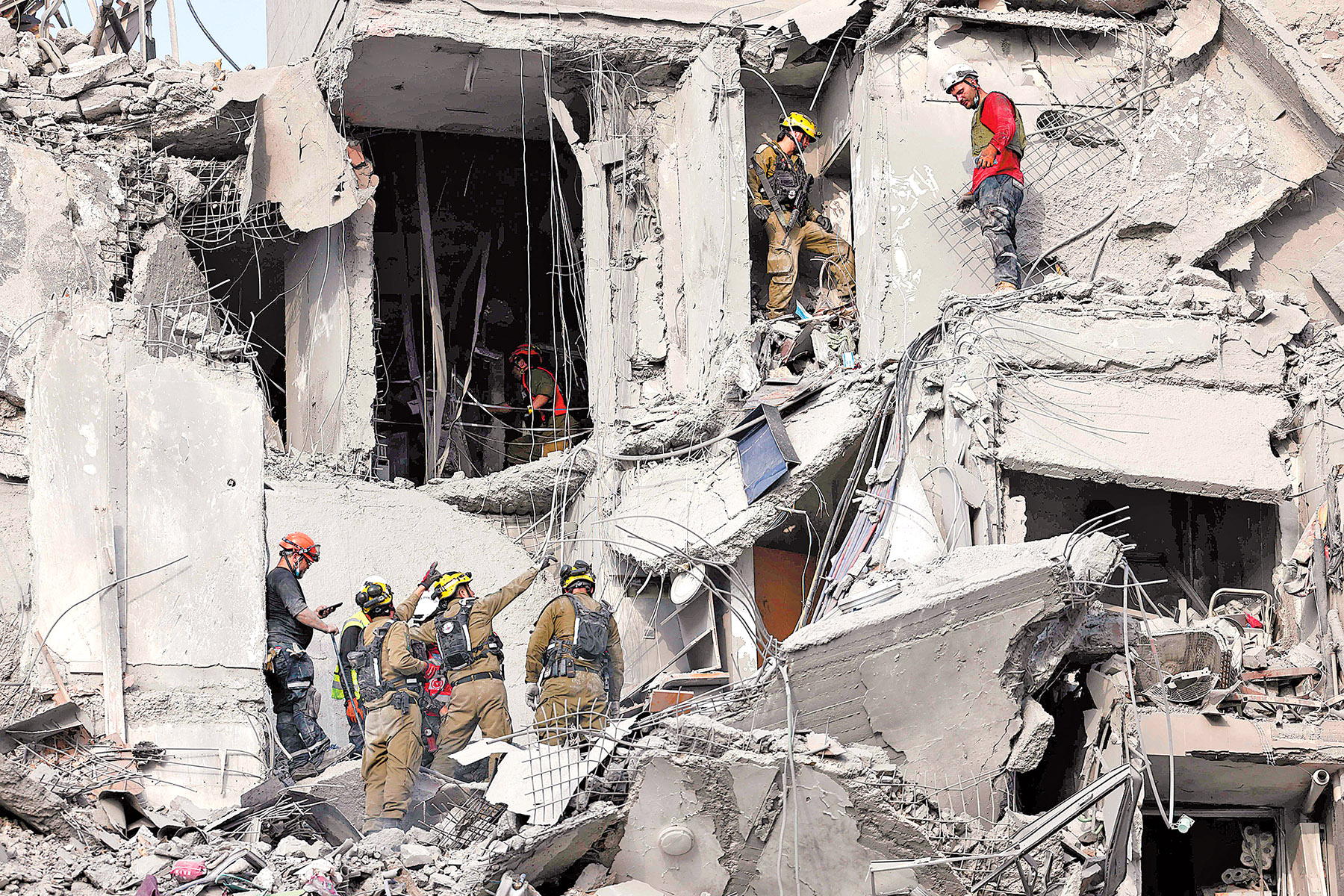FM speaks with Iranian counterpart, stresses peace amid fragile ceasefire

China called on June 24 for a genuine ceasefire to push an early de-escalation of the situation in the Middle East.
Foreign Minister Wang Yi made the remark in a phone call with Iranian Foreign Minister Seyed Abbas Araghchi.
Araghchi briefed Wang on the latest regional developments, emphasizing that the dangerous actions of Israel and the United States in attacking Iran’s nuclear facilities severely violated international law.
Wang said that China supports Iran in safeguarding its sovereignty and security, achieving a genuine ceasefire, restoring normal life for its people and de-escalating tensions in the Middle East. He said China has always been a builder of peace and a promoter of stability in the Middle East.
Araghchi said that although a ceasefire had just been reached between Iran and Israel, the situation remained unstable. Genuine negotiations can only begin if Israel ceases its aggression, he said.
He expressed gratitude for China’s understanding and support for Iran’s legitimate stance, and affirmed Iran’s willingness to maintain close communication with China.
The two foreign ministers call echoed that of Chinese President Xi Jinping’s remarks in his telephone conversation with Russian President Vladimir Putin on June 19 as they exchanged views on the Middle East situation.
During the phone call, Xi stressed that dialogue and negotiation are the fundamental solutions and the right paths to achieving long-lasting peace.
He reiterated China’s commitment to playing a constructive role in restoring peace in the region.
US President Donald Trump announced late on June 23 what he called a complete ceasefire, suggesting that Israel and Iran would have time to complete missions that were underway, and the ceasefire would begin in a staged process.
“Officially, Iran will start the ceasefire and, upon the 12th hour, Israel will start the ceasefire and, upon the 24th hour, an official end to the 12-day war will be saluted by the world,” he said.
In a statement from his office, Israeli Prime Minister Benjamin Netanyahu agreed to the ceasefire, saying that Israel has achieved all its goals, including removing the “dual existential threat” of Iran’s nuclear and ballistic missile programs. But Netanyahu added that “Israel will respond forcefully to any violation of the ceasefire”.
The Supreme National Security Council, Iran’s top security body, later said the nation’s forces had “compelled” Israel to “unilaterally” cease fire, adding that they remained “on high alert” to respond to any act of aggression.
However, Trump accused both Israel and Iran of violating the ceasefire only hours after he announced it, expressing frustration with both sides.
Trump’s ceasefire declaration came after an escalation since
June 22, when he ordered the US bombing of three Iranian nuclear sites, prompting Iran to retaliate the next day by attacking the Al Udeid Air Base in Qatar, the largest and most up-to-date US military facility in the Middle East. Trump said Teheran had given advance notice of the barrage.
Iran said the assault did not target its neighbor. The National Security Council said it was “in response to the US’ aggressive and insolent action”.
Zhou Jin, Zhang Yunbi and agencies contributed to this story.
Contact the writers at cuihaipei@chinadaily.com.cn


